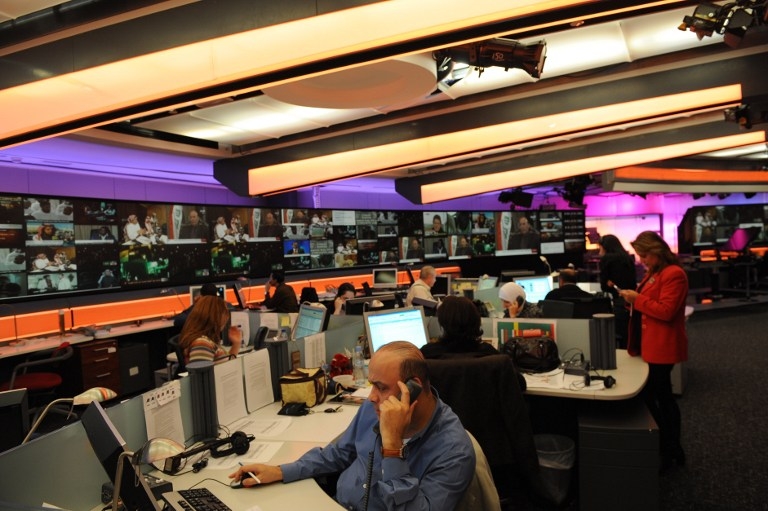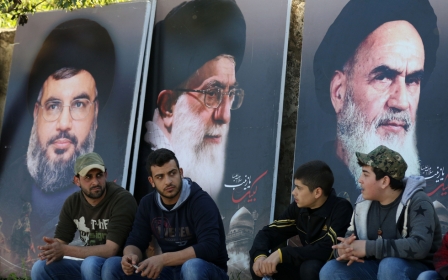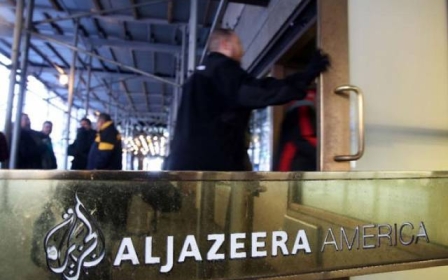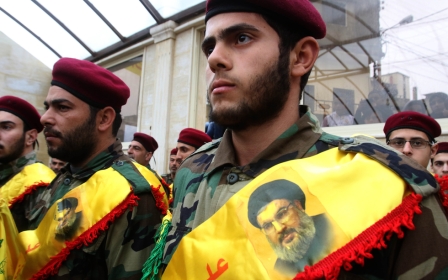Saudi-owned Al-Arabiya television shuts Lebanon offices

The Saudi-owned Al-Arabiya news channel has shut down its offices in Lebanon, amid tensions between the kingdom and the Iran-backed Hezbollah movement.
The Beirut offices of Al-Arabiya and its sister channel Al-Hadath, which offers extensive coverage of political news, have been closed and they no longer have any correspondents in Lebanon, a spokesman from the channel told AFP.
In a statement, the Dubai-based channel said it has "restructured" its operations in Lebanon "due to the difficult circumstances and challenges on ground, and out of Al-Arabiya's concern for the safety of its own employees and those employed by its providers."
It said it would nonetheless "continue to closely cover Lebanese affairs".
The channel said it would help employees affected by the decision to find jobs elsewhere with Al-Arabiya or its providers. Those dismissed would be given "their full legitimate rights" and "other exceptional grants".
Hezbollah is the leading force in Lebanon's governing coalition, but in March Saudi Arabia and the other five Gulf Arab states blacklisted it as a "terrorist" group.
The kingdom halted a $3bn programme of military aid to Lebanon to protest what it said was "the stranglehold of Hezbollah on the state". It also urged its citizens to leave Lebanon and avoid travelling there.
Bahrain, Qatar, and Kuwait followed with similar travel advisories, while the UAE banned its nationals from travel to Lebanon.
The moves come against the backdrop of increased tensions with Tehran this year after demonstrators stormed the kingdom's missions in Iran following Saudi Arabia's execution of Shia cleric Nimr al-Nimr and 46 others, prompting Riyadh to cut diplomatic ties.
Hezbollah is fighting in Syria in support of President Bashar al-Assad against Gulf-backed rebels.
New MEE newsletter: Jerusalem Dispatch
Sign up to get the latest insights and analysis on Israel-Palestine, alongside Turkey Unpacked and other MEE newsletters
Middle East Eye delivers independent and unrivalled coverage and analysis of the Middle East, North Africa and beyond. To learn more about republishing this content and the associated fees, please fill out this form. More about MEE can be found here.




